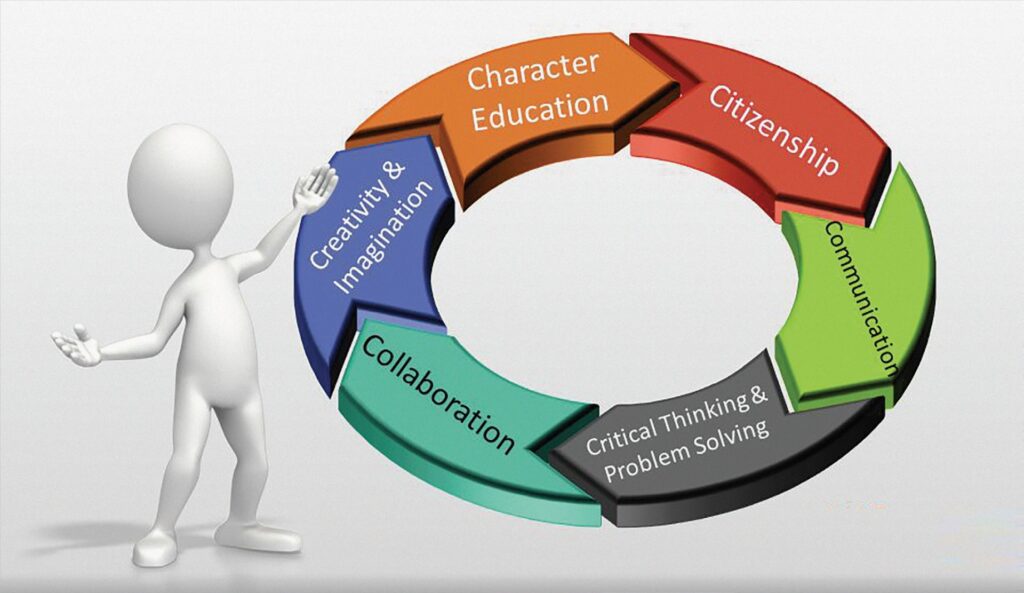Who Owns the Copyright Over the Work?
 Priyanjana Bhattarai and Anal Raj Bhattarai
Priyanjana Bhattarai and Anal Raj Bhattarai
‘Copyright’ is an exclusive right that protects original works of authorship. It gives its owner the exclusive right to copy, distribute, adapt, display, and perform creative work.
In simple terms, copyright is a collection of rights granted to the author of a work. Work here can include artistic, literary, musical, or dramatic work. It can also include a cinematographic film, sound recording, or sculpture. Section 2(a) of the Copyright Act, 2000 of Nepal defines the term “work” and copyright can only be granted to the works listed therein. The Act also clearly defines what cannot be copyrighted. For a work to be copyrightable, it must be original and creative. Moving on, copyright is referred to as a collection of rights because within single copyright, there are various classifications, the two most important being- Economic Rights and Moral Rights. These rights can include the right to reproduce the work, prepare derivatives or perform or display the work publicly. Now, let’s understand who an author is. An author is a person who has created the work. Generally, copyright is owned by the author and therefore the author is the owner of the Copyright. However, the author and the owner may not be the same person in all scenarios. This is where the confusion arises. So, it needs to be determined who owns the copyright in what scenario.
In terms of employment, the author of the work may not be the owner of the copyright. This is the exception to the general copyright law. As per the Copyright Act, 2002, in case the work is created by an employee in the course of employment, the copyright is owned by the employer, and the employer is considered as the “owner” for copyright purposes.
However, for the copyright to be vested in an employer, four requirements must be fulfilled. First, there must be an employment relationship between the parties. Any work done by a freelancer does not fall under this exception. Freelance work falls under commissioned work and is done under the contract of services. Second, the work must not only be made by the employee for the employment but also be made during employment. For example, if an employee of a company has worked on a blog after office hours, the employee shall be the owner of the copyright of that blog. Third, the creation of the work must also be part of the employee’s duties. Work that is useful to the employer but is not part of the duties mentioned in the contract falls outside the scope of this exception. Fourth, the employer must have control over how works are being done. If the four requirements are met, the works created by an employee are automatically regarded as the employer’s copyright.
 However, this exception does not cover interns as interns do not perform work. Their activities are aimed at acquiring knowledge and experience. In the case of interns, unless it is mentioned in the internship agreement that the intern transfers his or her copyright to the employer, the copyright lies with the intern.
However, this exception does not cover interns as interns do not perform work. Their activities are aimed at acquiring knowledge and experience. In the case of interns, unless it is mentioned in the internship agreement that the intern transfers his or her copyright to the employer, the copyright lies with the intern.
While entering into an employer-employee relationship, it is important for the employer to be clear on where they stand concerning copyright or any intellectual property rights. Even though the law clearly states the ownership of the employer, an employer has the choice to retain or waive his rights in the employment contract. A “contract of services” between an employer and an employee can be in writing, verbal, expressed or implied. However, to minimize disputes on the agreed terms and conditions, the contract should be in writing. This contract should clearly mention the type of work to be done and also state that all intellectual property rights arising out of or in connection to the work done by the employee during the course of employment shall vest with the company.
Copyright and ownership can get complicated in the absence of a contract. Therefore, it is advisable to always include an intellectual property clause in your employment agreement with your employees or enter into an agreement defining ownership with freelancers in case of commissioned work. Doing this can reduce confusion and future disputes.
Priyanjana is the Founder of Kala Legal and Anal Raj is the CEO of the Nepal Development Fund (NDF).


